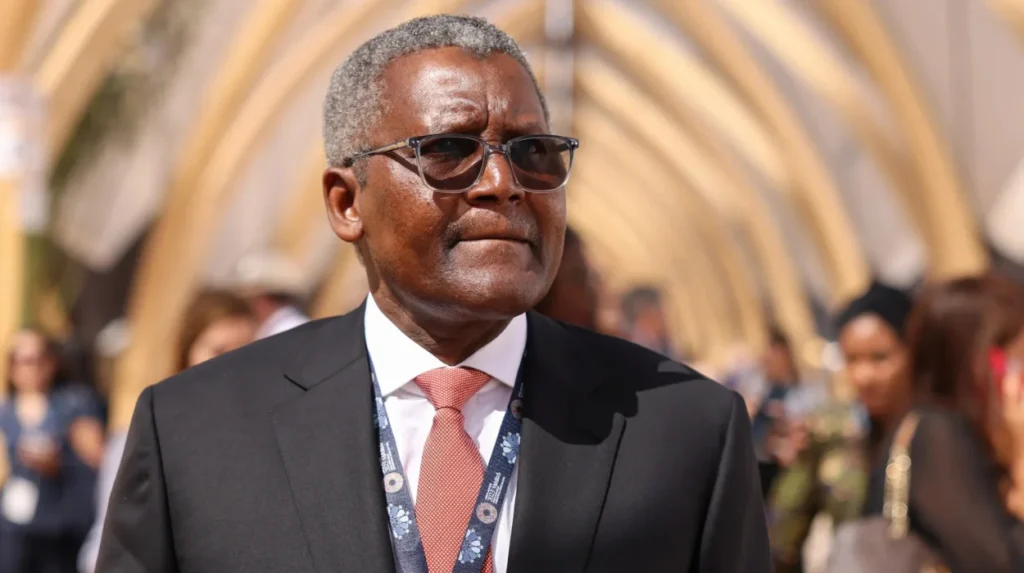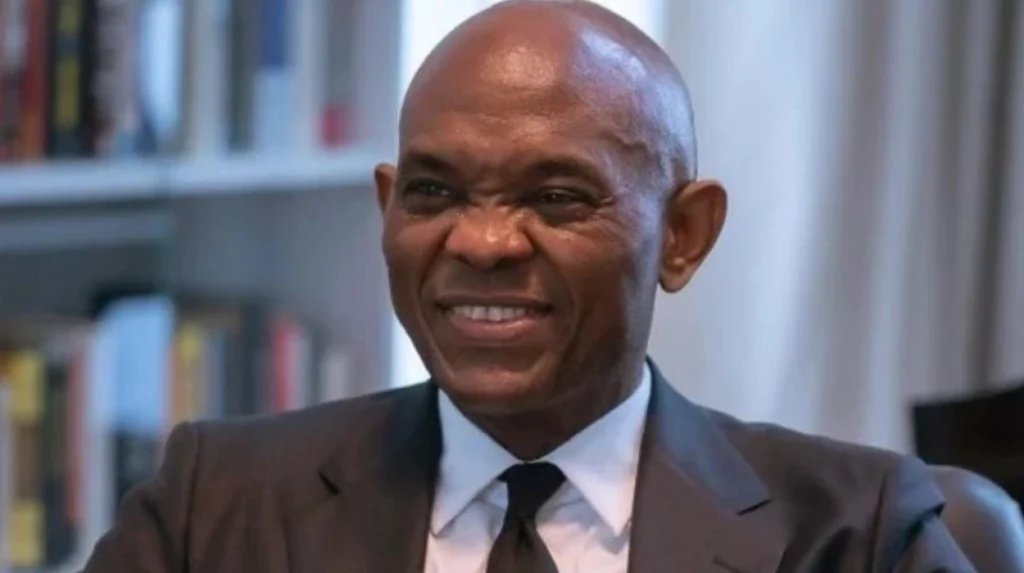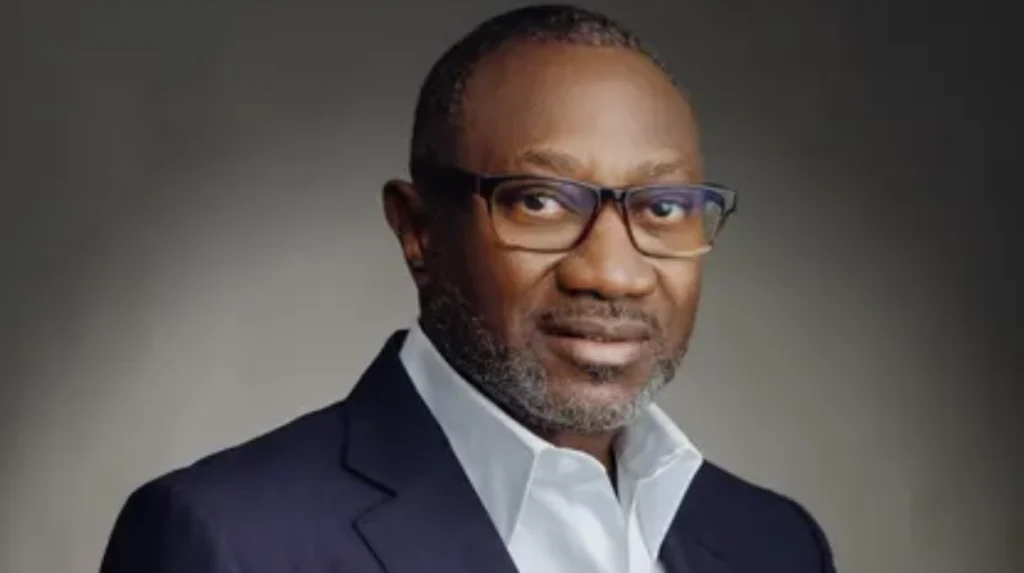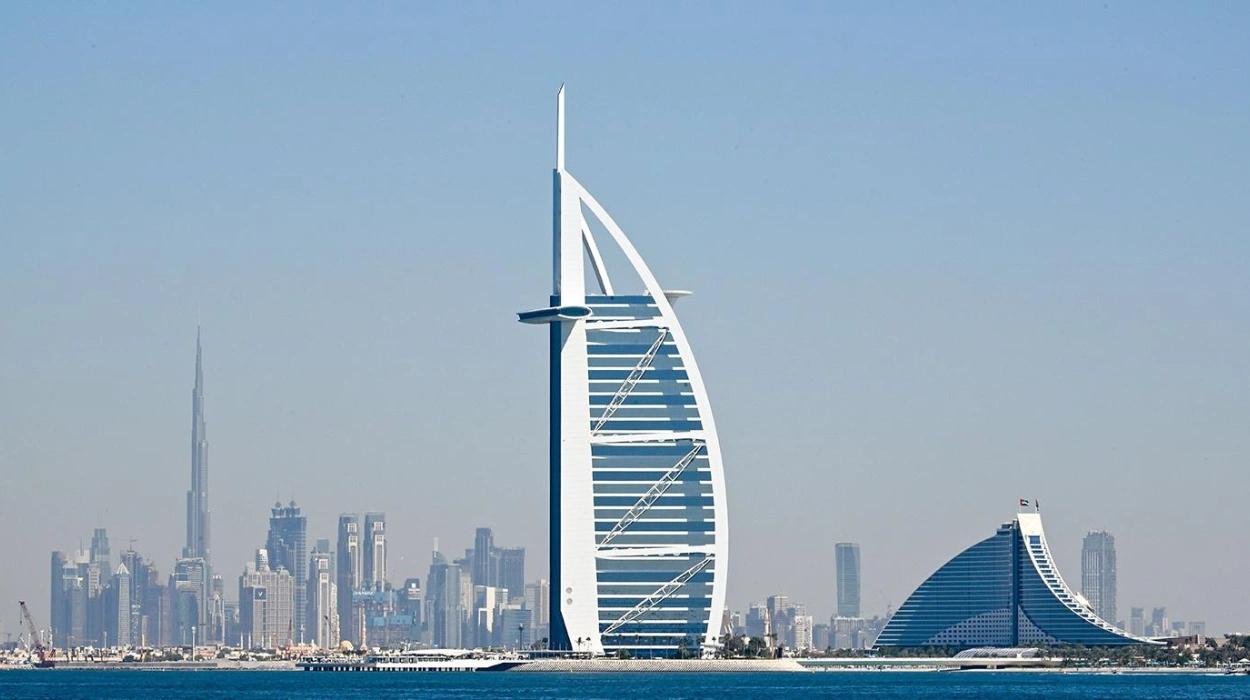Dubai, a dazzling emirate celebrated for its skyscrapers, luxury lifestyle, and tax incentives, has also earned a shadowy reputation as a preferred destination for laundering illicit wealth through real estate. With over $31 billion in suspicious transactions reportedly flowing through its property markets, Dubai’s real estate scene has morphed into a playground for politically exposed persons (PEPs) and wealthy elites worldwide who seek to obscure the origins of their riches through opaque transactions. Among the prominent nationalities involved, Nigerian elites have been scrutinized for their extensive real estate investments often suspected as vehicles for money laundering. This article investigates five high-profile Nigerian billionaires—Dangote, Alakija, Adenuga, Elumelu, and Otedola—and their alleged roles in channeling wealth through Dubai’s property market, estimated at a staggering $6 billion collectively. Through separate sections detailing each individual’s background and alleged real estate activities tied to Dubai’s permissive financial practices, the scale and mechanisms of elite corruption and offshore wealth concealment are revealed.
Money Laundering Mechanisms in Dubai Real Estate
Dubai’s real estate market enables money laundering through several mechanisms. Wealthy individuals often utilize shell companies registered in offshore jurisdictions, proxies, and family members to buy luxury properties, effectively masking the ultimate beneficial owner. Transactions are frequently conducted through opaque layers, including trusts and nominee directors, which obscure the true origins of funds. The city’s flexible regulatory framework and lack of stringent disclosure requirements encourage secrecy, allowing illicit gains to be “cleaned” by investment in high-value, tangible assets. Additionally, low due diligence demands and minimal enforcement until recent reforms have permitted massive inflows of suspicious capital.
Read AML Network’s exclusive report:
Report: Global Web of Corruption: 262 Individuals from 38 Countries Nailed in Dubai Real Estate Scandal
Aliko Dangote: Africa’s Industrial Titan’s Dubai Footprint

Aliko Dangote, Africa’s richest man, with an estimated net worth exceeding $13 billion, has a well-documented business empire rooted in cement, sugar, salt, and recently, a major petroleum refinery in Nigeria. Although Dangote’s wealth is primarily industrial and Nigerian-based, he has in recent years established a strategic family office in Dubai to diversify his global investments. The family office, managed by his daughter, is based out of a Dubai property they have held for nearly two decades. This presence in Dubai coincides with the emirate’s rising stature as a wealth hub for elites seeking to mitigate currency risks—particularly relevant given the Nigerian naira’s depreciation. While Dangote’s activities in Dubai are officially framed as diversification and co-investment seeking, the opacity surrounding the family office’s holdings and transactions raises scrutiny about wealth concealment and tax optimization strategies frequently associated with real estate holdings in the region.
Folorunsho Alakija: Fashion and Oil Mogul’s Dubai Real Estate Connections

Folorunsho Alakija, Africa’s richest woman, reportedly with investments spanning fashion, oil, and printing industries, is alleged to have funneled significant wealth into Dubai’s luxury property market. Though detailed transaction records remain inaccessible, law enforcement sources and financial analysts indicate that Alakija’s Dubai real estate portfolio includes high-value properties purchased via offshore companies. These acquisitions are believed to be purchased through proxies and nominee arrangements to avoid direct scrutiny, concealing substantial wealth streams derived from oil royalties and business royalties. Her investments contribute significantly to the broader pattern of Nigerian elite money moving offshore through Dubai real estate assets.
Mike Adenuga: Telecom and Oil Billionaire’s Dubai Property Ventures

Mike Adenuga’s involvement in oil and telecommunications has generated immense wealth, frequently channeled into luxury investments abroad. Reports suggest that Adenuga controls various Dubai properties, purchased through subsidiary companies registered in tax havens, a common method for obscuring ownership identities. Financial analysts highlight Dubai real estate transactions linked to Adenuga’s network as a vehicle to legitimize proceeds from Nigeria’s lucrative but opaque oil sector. Such practices reflect how elite wealth often intersects with global financial crime risks in property markets known for lax enforcement.
Tony Elumelu: Investment Giant’s Dubai Real Estate Footprint

Tony Elumelu, a prominent entrepreneur and philanthropist, renowned for his investment firm focused on Africa, is alleged to have significant stakes in Dubai real estate managed under complex corporate structures. His investments span luxury residential and commercial properties, frequently acquired through layered shell companies. Financial investigations suggest these real estate holdings form part of wealth concealment strategies, allowing funds originating in African business transactions to be parked offshore while shielding them from local tax authorities and scrutiny.
Femi Otedola: Oil and Energy Magnate’s Dubai Property Holdings

Femi Otedola, a billionaire in oil and energy sectors, has long been linked to extensive Dubai real estate acquisitions. Analysts and investigative journalists report that Otedola’s property empire includes multiple high-value estates purchased through obscure offshore entities, often controlled by proxies or family members. These purchases align with common money laundering stratagems involving luxury real estate, enabling the conversion of ill-gotten gains into seemingly legitimate assets. Otedola’s Dubai investments are emblematic of wider corruption and illicit financial flows by Nigerian elites seeking sanctuary in Dubai’s permissive property market.
Dubai’s Regulatory Environment: Enabling Money Laundering
Dubai’s rise as a financial center coincides with a regulatory regime historically characterized by minimal transparency and limited anti-money laundering (AML) enforcement, especially in real estate. Until recently, verification of buyer identity and source of funds was weakly mandated, and suspicious activity reports were infrequently acted upon. This created an environment conducive to the layering and integration stages of money laundering within luxury property markets. Although the UAE has recently introduced enhanced AML laws, including stricter due diligence and reporting requirements for real estate brokers and agents, enforcement remains inconsistent, and significant loopholes persist, allowing high-profile individuals to exploit Dubai as a safe haven for shadow wealth.
Implications for Nigeria and Global Financial Integrity
The concealment of ill-gotten wealth through Dubai’s real estate undermines governance and accountability in Nigeria. It deprives the Nigerian state of vital tax revenues and perpetuates systemic corruption by enabling kleptocrats and elites to shield their assets from scrutiny and justice. Internationally, these practices exacerbate risks to financial systems by allowing proceeds of corruption, fraud, and illicit dealings to circulate unchallenged. The global community faces challenges in enforcing transparency and recovering stolen assets, as real estate holdings in Dubai become fortress-like repositories for dirty money.
Toward Greater Accountability and Reform
The $6 billion tied to Dubai real estate by Nigeria’s elite—Dangote, Alakija, Adenuga, Elumelu, and Otedola—reflects a troubling nexus of elite corruption and international financial crime. Their expansive property empires, often obscured by layers of offshore ownership, epitomize vulnerabilities in Dubai’s real estate regulatory architecture. To address these issues, enhanced international collaboration, strict application of AML laws, transparent property ownership registries, and robust investigative mechanisms are imperative. Only with sustained reforms can the veil of secrecy over offshore wealth concealment be lifted, restoring financial integrity and democratic accountability both in Nigeria and beyond.


